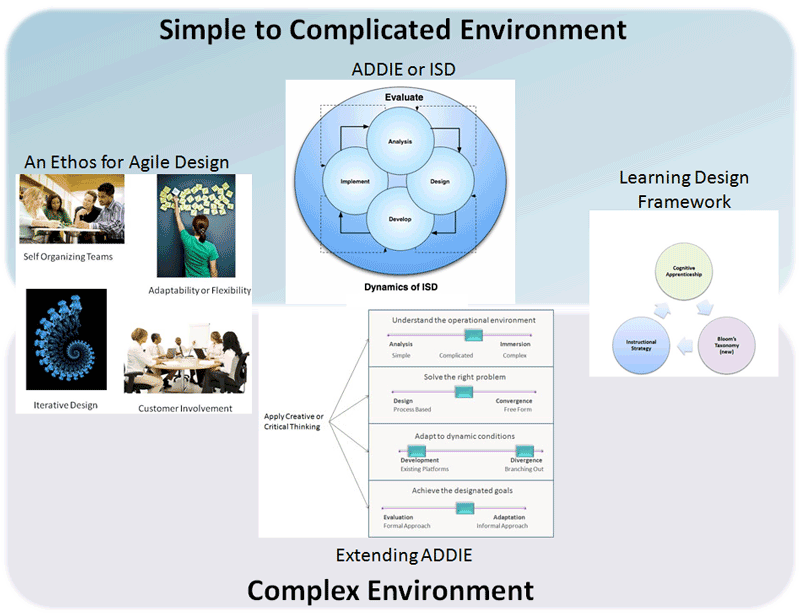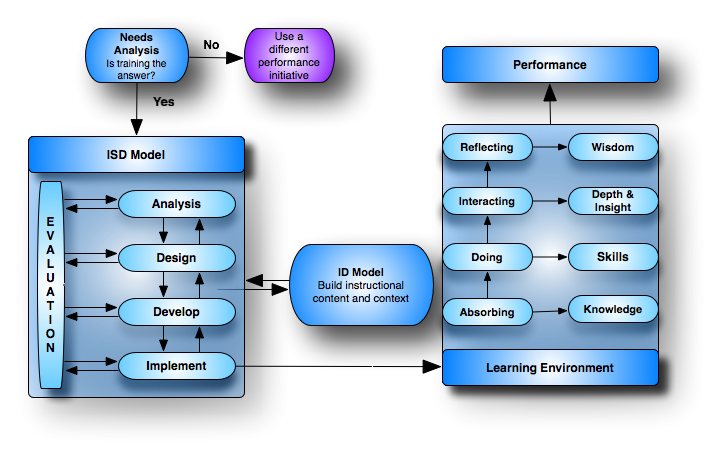Vygotsky's Social Constructivism
Lev Vygotsky's Social Development Theory is based on social interaction that plays a fundamental role in the development of cognition. Vygotsky (1978) wrote:
Every function in the child's cultural development appears twice: first, on the social level, and later, on the individual level; first, between people (interpsychological) and then inside the child (intrapsychological). This applies equally to voluntary attention, to logical memory, and to the formation of concepts. All the higher functions originate as actual relationships between individuals.
The potential for cognitive development depends upon the “zone of proximal development” (ZPD). This is the difference between what learners can do without help and they can do with help. Full development of the ZPD depends upon social interaction in that the range of skill can be developed with social guidance or collaboration, thus it often exceeds what can be attained alone.



